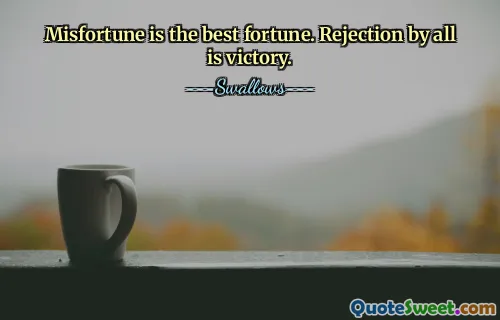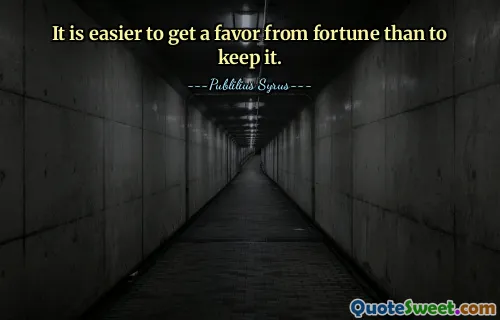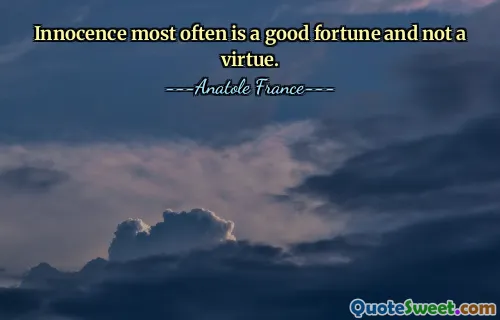We take the elevator to the third floor, to the office of Dr. Harrison Chance. His name alone has put me off. Why not Dr. Victor?
The narrator and another character arrive at Dr. Harrison Chance's office, located on the third floor. There is an immediate sense of discomfort and reluctance felt by the narrator, who finds the name "Harrison Chance" unappealing and contrasting. They express a preference for a more traditional name, like "Dr. Victor," which carries a certain familiarity and trustworthiness, suggesting an underlying skepticism about the doctor.
This encounter sets the tone for their visit, hinting at the narrator's apprehensions regarding medical interventions and the uncertainty of what lies ahead. The choice of the doctor's name evokes a reaction that signifies broader themes of trust, hope, and fear that are prevalent throughout the narrative, underscoring the emotional complexity of navigating healthcare decisions in their situation.



